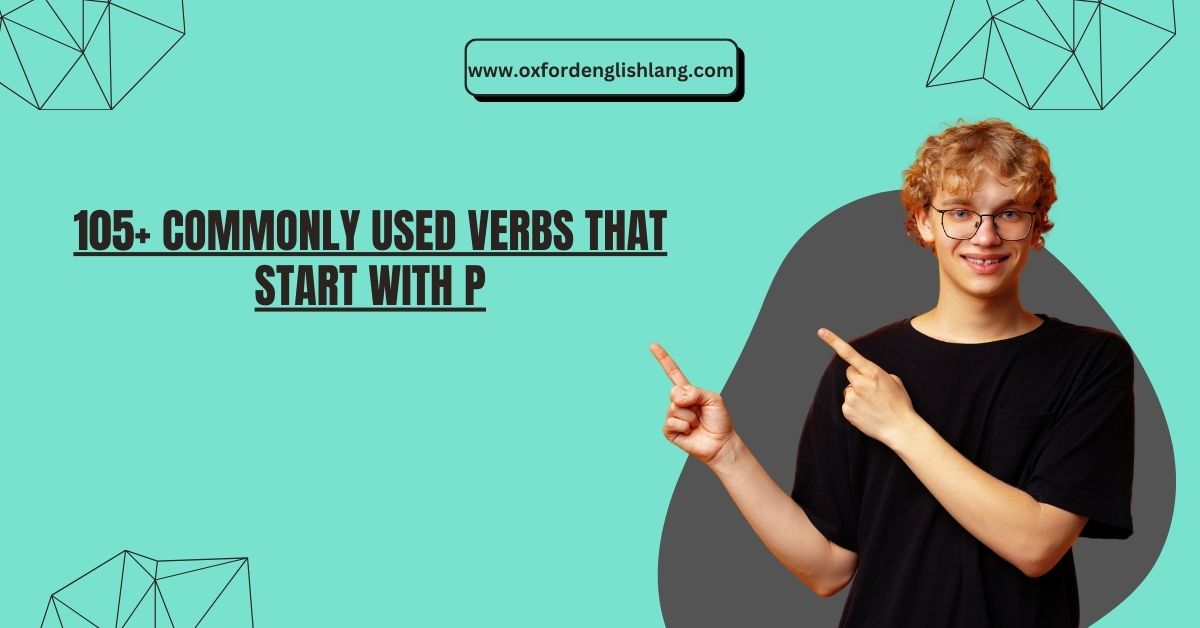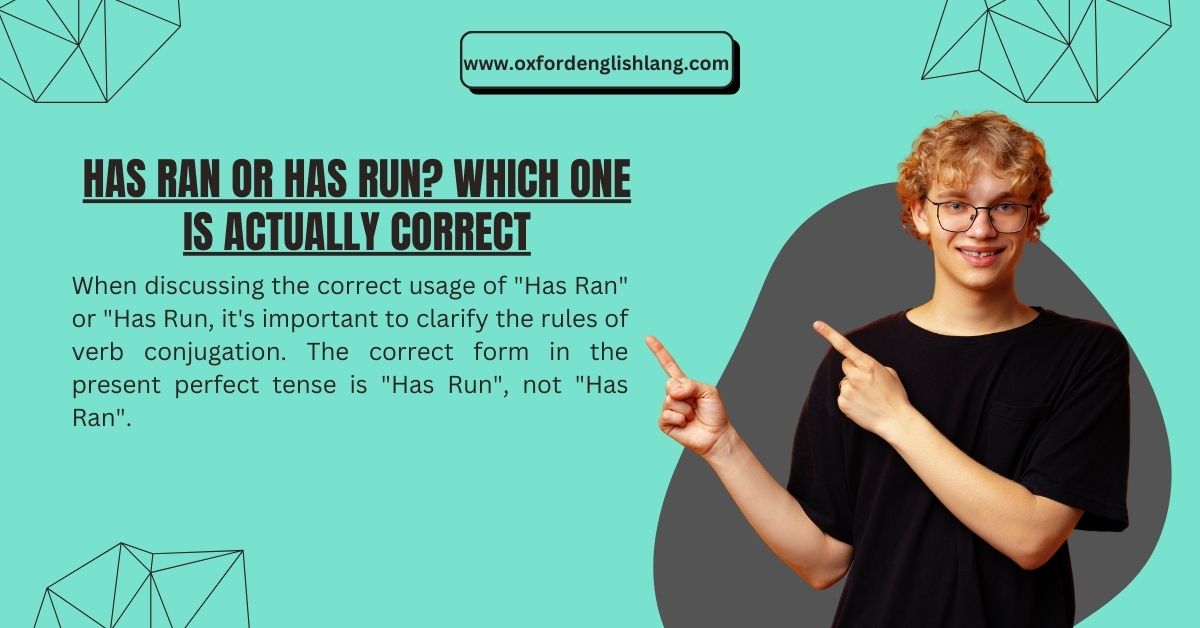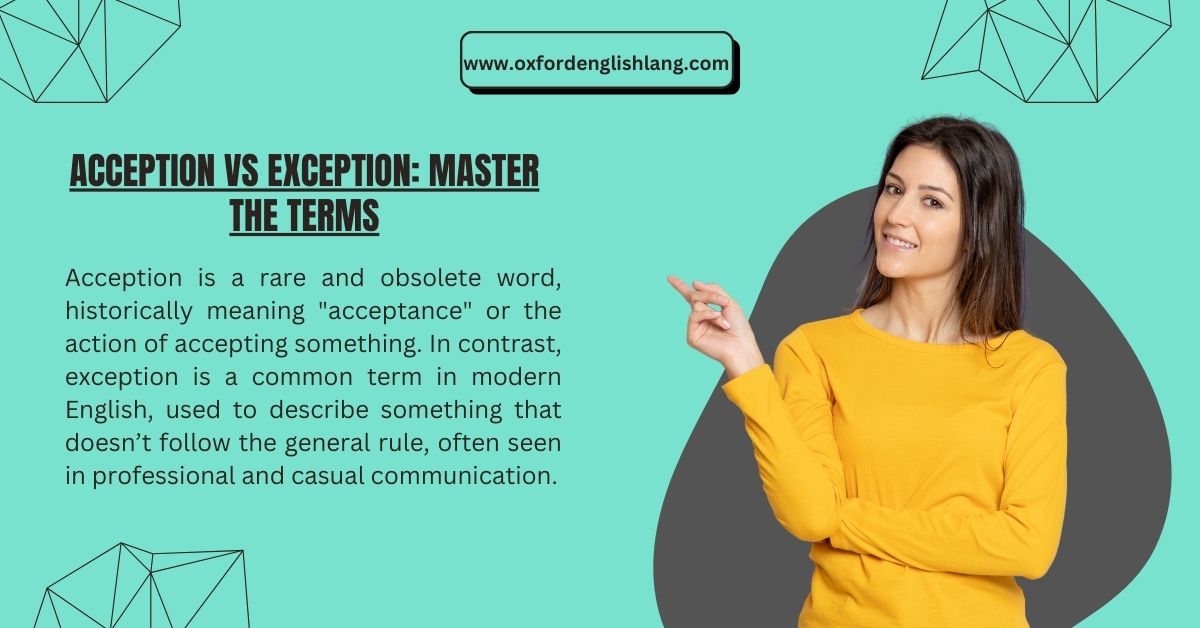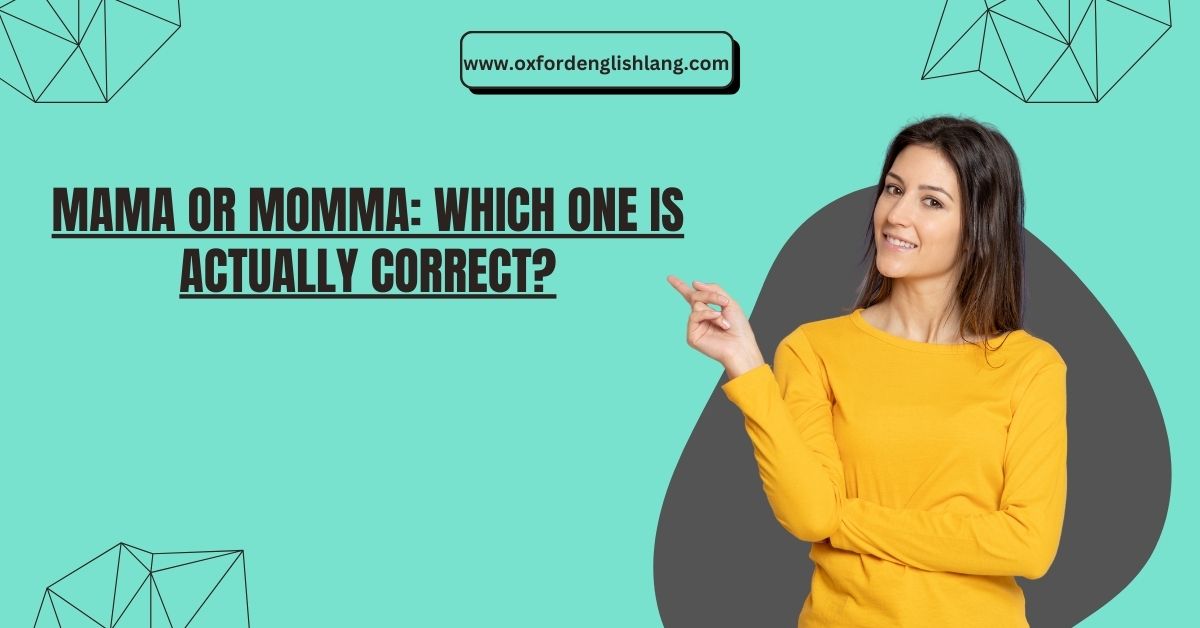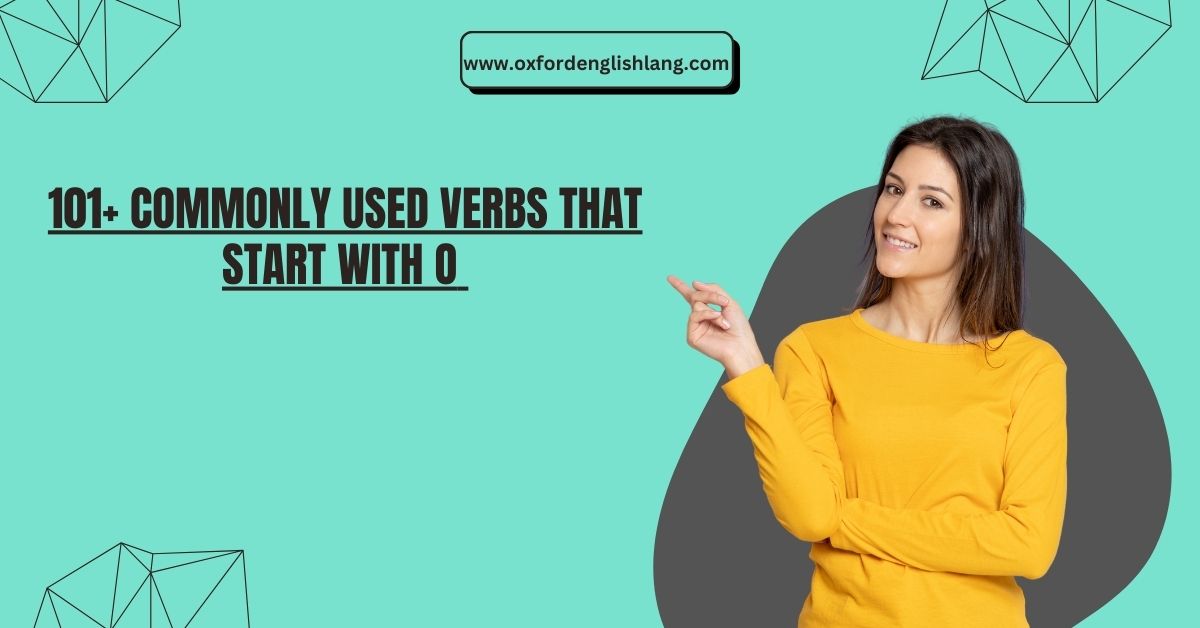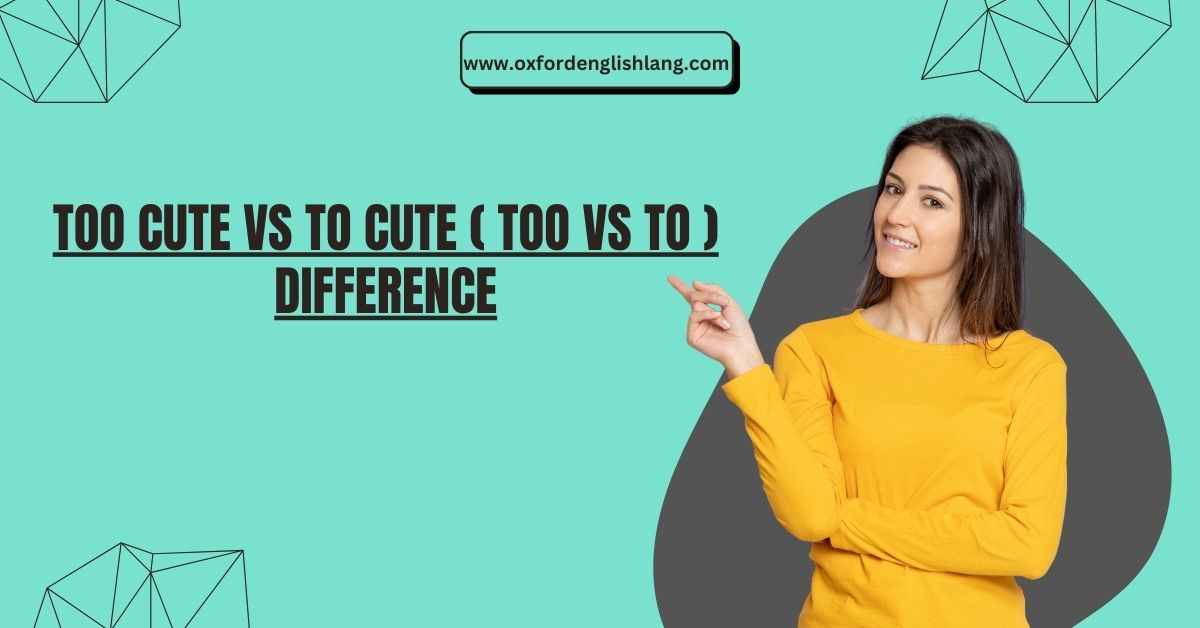Coach vs. Couch: A Surprising Battle of Terms!
In the English language, even a small spelling mistake can completely change the meaning of a word. The terms coach and couch are perfect examples of this. While they may seem similar at first glance, they are distinct in both their meanings and contexts. A couch refers to a piece of furniture often found in … Read more


